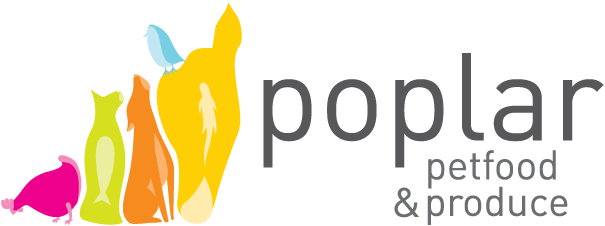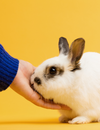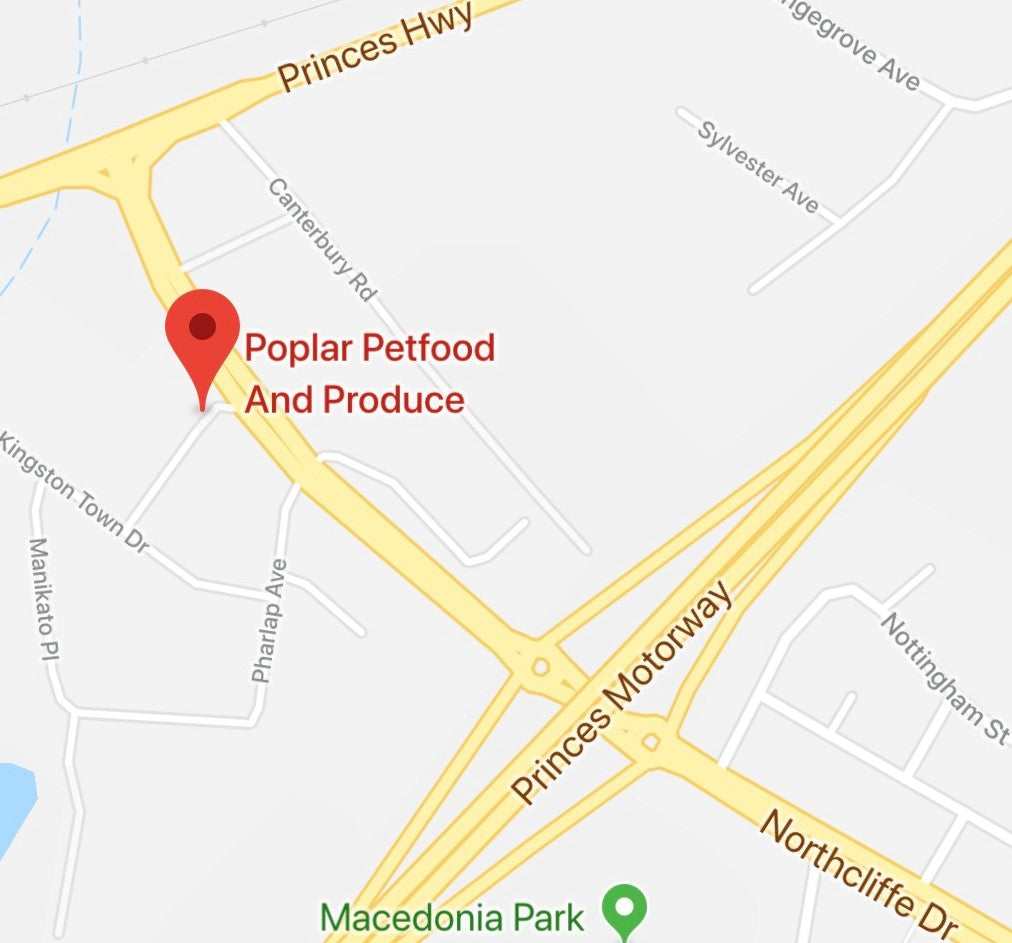
Humans are getting heavier and so are our four-legged friends, but obesity is a very serious concern for your pet's health and longevity.
The amount of food and nutritional requirements for your pet will depend on its size, breed, age, activity, stress level and medical history. It is important to find out what the right diet is for your puppy, kitten, cat or dog during that particular stage of life for healthy pet weight management.
Proteins, fats and carbohydrates all give your pet energy, while vitamins and minerals promote health and help cells and organs do their jobs. That's where we can help. Come in and have a chat with us about your pet's diet and we can make sure they aren't being over fed - or being fed a diet that is incompatible with their weight goal.
Studies show that when dogs maintain an ideal body weight, they have less disease and live almost two years long than their overweight counterparts. An overweight dog is more likely to suffer from:
- Diabetes
- Arthritis
- Heart Disease
- Lung Disorders
- High Blood Pressure
- Immune Dysfunction
- Cancerous Tumours
There are numerous diets specially formulated for pets needing to shift a few kilograms. One in particular is Hill's Science Diet Perfect Weight varieties. The Perfect Weight formulation is not only lower in calories, but also activates your pet's natural ability to burn fat and increases their appetite control.
But don't stop there. Just like humans, dogs and cats need exercise. While critical to maintaining good health, exercise also tones muscles, boosts circulation, strengthens bones and releases endorphins that make your pet feel happy and relaxed.
PHYSICAL EXERCISE FOR DOGS
Most dog breed origins go back to performing a specific job such as tracking, hunting, retrieving, herding, guarding or rescuing. The type and amount of exercise you choose for your dog - running, fetch, walking, swimming etc. - will depend on its size, weight and genetic make up.
PHYSICAL EXERCISE FOR CATS
Cats need exercise just like dogs. Cats get their exercise from day-to-day routines like walking to their food bowl and litter box, jumping onto their favourite sleep spot and playing chasing.
REMEMBER:
- Look at the pack - what is in the food?
- Set your pet a goal - target weight or visible signs - and what steps you need to get there.
- Make it fun - for you and your pet.
- Track their progress.
With these few tips your dog or cat could be on their way to a healthier physique in a few weeks!
Credit: Just for Pets







